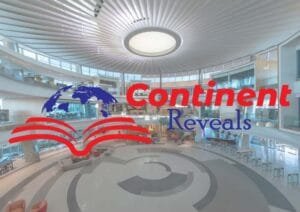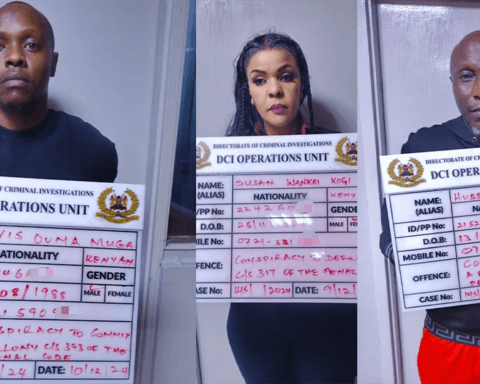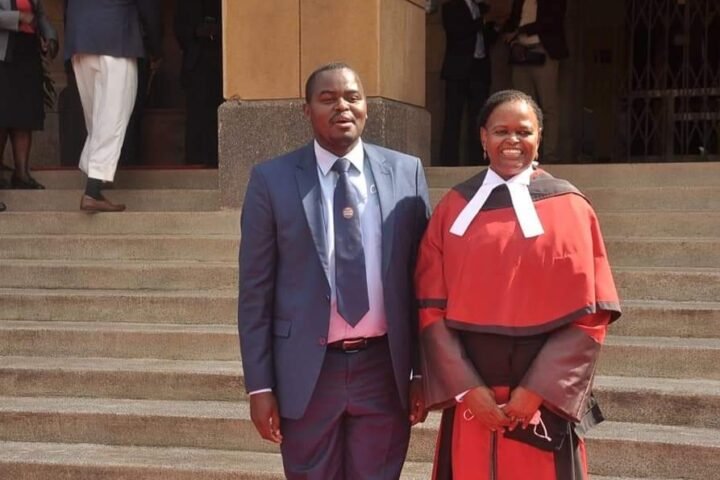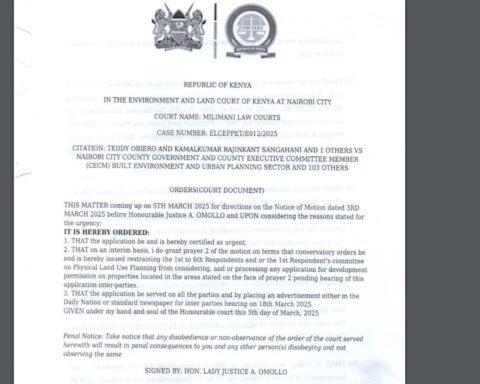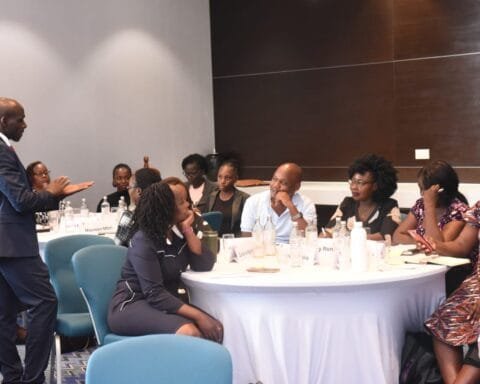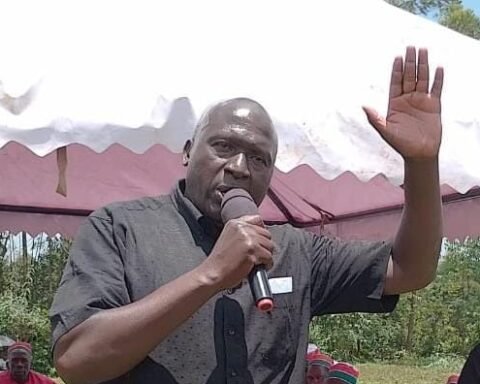In a landmark event, Cyril Ramaphosa has officially been inaugurated as the President of South Africa, following his party, the Democratic Alliance (DA), securing a historic victory. This significant shift in political power marks the end of the African National Congress (ANC)’s long-standing dominance since the country’s first democratic elections in 1994, which saw Nelson Mandela become president.
The Cyril Ramaphosa
Cyril Ramaphosa, born on November 17, 1952, is a renowned South African politician, businessman, and anti-apartheid activist. With a background in law, Ramaphosa’s political career has been marked by his commitment to social justice and economic reform. Before becoming president, he served as the Deputy President of South Africa and played a crucial role in the country’s transition to democracy.
The Democratic Alliance (DA)
The Democratic Alliance (DA), founded in 2000, has grown to become a major political force in South Africa. Known for its liberal policies and emphasis on economic growth, the DA has steadily increased its support base, appealing to voters disillusioned with the ANC’s governance. The party’s rise to power reflects a significant shift in the political landscape, driven by a desire for change and accountability.
Shift in Political Landscape
The ANC, once the beacon of hope and liberation, has seen a dramatic decline in support due to widespread corruption, high unemployment, and escalating crime rates. The DA’s victory is a clear indication of the electorate’s frustration and demand for a new direction. The party’s success can be attributed to its strong stance against corruption, its focus on economic development, and its promise to restore integrity to the government.
Inauguration Ceremony
The inauguration ceremony, held in Pretoria, was a grand affair attended by dignitaries, political leaders, and citizens from across the country. The event was marked by vibrant cultural performances, speeches, and a sense of renewed hope for the future. Key attendees included former presidents, international diplomats, and representatives from various sectors of society.
Ramaphosa’s Inaugural Speech
In his inaugural address, President Ramaphosa reflected on the DA’s historic victory and the challenges ahead. He called back to the party’s first presidential victory 30 years ago, emphasizing the importance of unity, transparency, and hard work. Ramaphosa pledged to tackle corruption head-on, create jobs, and ensure safety and security for all South Africans. His speech resonated with many, offering a vision of a better, more prosperous nation.
Addressing Corruption
Corruption has been a major issue in South Africa, eroding public trust and hindering economic growth. Ramaphosa has vowed to implement stringent measures to combat corruption, including enhancing transparency, strengthening the judiciary, and holding accountable those involved in corrupt practices. His approach aims to restore confidence in the government and create a more conducive environment for investment and development.
Economic Challenges
South Africa’s economy has faced numerous challenges, including slow growth, high debt levels, and significant unemployment. Ramaphosa’s administration plans to focus on economic reforms that stimulate growth, attract foreign investment, and support small and medium-sized enterprises (SMEs). Initiatives such as improving infrastructure, reducing bureaucratic red tape, and promoting innovation are key components of his economic strategy.
Unemployment Crisis
Unemployment remains one of South Africa’s most pressing issues, with millions of citizens out of work. The new administration is committed to creating jobs through various programs, including skills development, vocational training, and encouraging entrepreneurship. By fostering a more inclusive economy, Ramaphosa aims to reduce unemployment and uplift disadvantaged communities.
Crime and Public Safety
High crime rates have plagued South Africa, impacting the quality of life and deterring investment. Ramaphosa’s government plans to enhance public safety through better policing, community engagement, and crime prevention programs. By addressing the root causes of crime, such as poverty and lack of opportunities, the administration hopes to create a safer environment for all citizens.
Social Issues
Addressing social inequalities is a top priority for Ramaphosa. His administration is committed to promoting social justice, reducing poverty, and ensuring equal opportunities for all South Africans. Policies aimed at improving housing, healthcare, and education are central to his vision of a fairer society.
Read: Kenya: Taxi Driver Hassan Abdikadir Sharif Accused Of Robbing And Assaulting Woman To Remain In Custody Until Bail Hearing
Healthcare and Education
Improving healthcare services and education is crucial for South Africa’s development. Ramaphosa plans to invest in healthcare infrastructure, increase access to quality medical services, and enhance the overall health system. In education, his focus is on improving school facilities, teacher training, and expanding access to higher education, particularly for marginalized communities.
Environmental Policies
Ramaphosa is also committed to addressing environmental issues and promoting sustainability. His administration plans to implement policies that reduce carbon emissions, protect natural resources, and promote renewable energy sources. By fostering a green economy, South Africa can contribute to global environmental efforts while creating new jobs and opportunities.
International Relations
Under Ramaphosa’s leadership, South Africa aims to strengthen its position on the global stage. Diplomatic strategies will focus on building strong international partnerships, promoting trade, and contributing to regional stability. By enhancing its global presence, South Africa can attract more investment and play a pivotal role in international affairs.
Cyril Ramaphosa’s inauguration marks a new chapter for South Africa. His administration faces significant challenges but also holds the promise of substantial reforms and improvements. The focus on transparency, economic growth, social justice, and environmental sustainability sets a positive tone for the future. South Africans and the international community alike will be watching closely as Ramaphosa’s government works to fulfill its promises and create a better, more prosperous nation.



